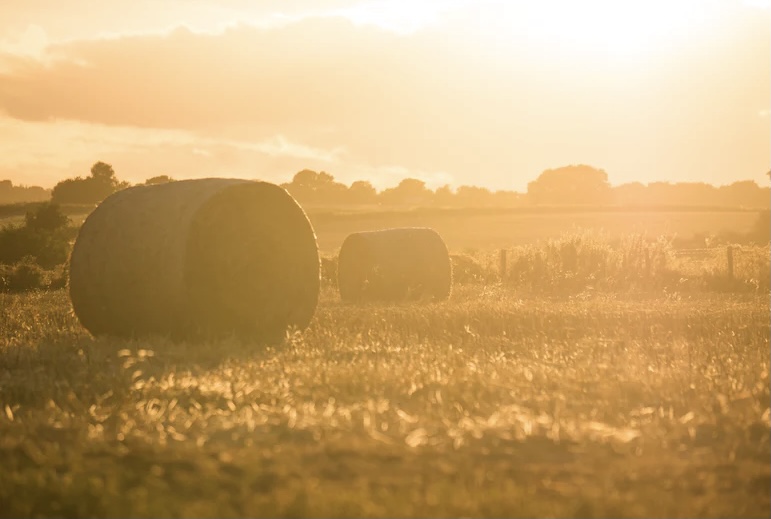
Keeping the family farm requires estate planning.
Farmers are known for their hard work, patience, and perseverance.
Similar to estate planning, crops only thrive when their specific needs are taken into account.
Despite this parallel, about 60 percent of farmers do not have a last will and testament.
According to a recent Farm Journal’s Pork Business article titled “10 Farm Transition and Estate Planning Mistakes,” an alarming 89 percent of farmers do not have a farm transfer plan.

Your family farm may be lost without proper planning.
These individuals are taking the risk of losing everything.
Yikes!
What can you do to protect your family farm?
Do not procrastinate.
If you wait to long to plant your seeds, you will not reap a crop.
Putting off creating an estate plan is also high stakes poker.
You never know when you will die.
If you have no plan, your family will be stuck sorting through the mess you left.
Identify trustworthy decision-makers.
If you become incapacitated, you will not be able to communicate or make your own decisions.
This can halt work and place your farm at risk.
You should create a general durable power of attorney to allow an agent to manage your finances while you cannot do so yourself.
An advance health care directive gives someone the ability to talk with your doctors and make decisions about your medical care.
Communicate your wishes.
Secrecy in family businesses often leads to chaos.
You should regularly meet with your family to discuss your farm and its operations.
Having agendas and taking minutes allows for everyone to remain focused and on the same page.
Remember equality is not always best.
Are only a couple of your children involved in the family farm?
Have the others moved away?
If yes, you should take this into consideration when dividing responsibilities and shares in the business.
Inventory assets and liabilities.
Any land, livestock, fencing, equipment, or bank accounts should be listed as your assets.
Recording their values is important.
You should also review your debts.
After creating these lists, explain your assets and debts to your heirs so they understand what needs to be done to protect the farm.
Make decisions based on correct information.
Tax and estate laws vary by state.
Talk with an experienced estate planning attorney to learn how these laws will impact your farm.
This will be especially important to plan for payment of estate taxes.
Create liquidity.
As previously mentioned, death can trigger a significant tax bill.
Having cash available to pay for estate taxes and for court fees will protect your farm from having to be divided.
Life insurance can provide this cash.
In fact, the family and the farm can be avoid personal and financial disaster when the right type of life insurance is owned, in the right amount, and in the right way.
Organize your documents.
Your family, executors, and business partners will need to have access to your estate planning documents and business records.
If these are not organized well, then it could make settling your estate and transferring business ownership far more expensive.
Place these documents and records in a safe place and let the appropriate agent know their locations.
Assemble a team of professionals.
You cannot transfer your farm successfully by yourself.
You need a team.
This includes a financial advisor, estate planning attorney, and an accountant.
These professionals can help you simplify your business transfer.
Review your plan.
Situations change.
These changes can occur within families, through laws, and in the nature of the market.
Your estate plan and business succession plan should be reviewed and updated regularly.
By taking these steps you can protect your farm for future generations.
Reference: Farm Journal’s Pork Business (June 28, 2021) “10 Farm Transition and Estate Planning Mistakes”
REMEMBER: “The choice of a lawyer is an important decision and should not be based solely upon advertisements.”
This statement is required by rule of the Supreme Court of Missouri.
